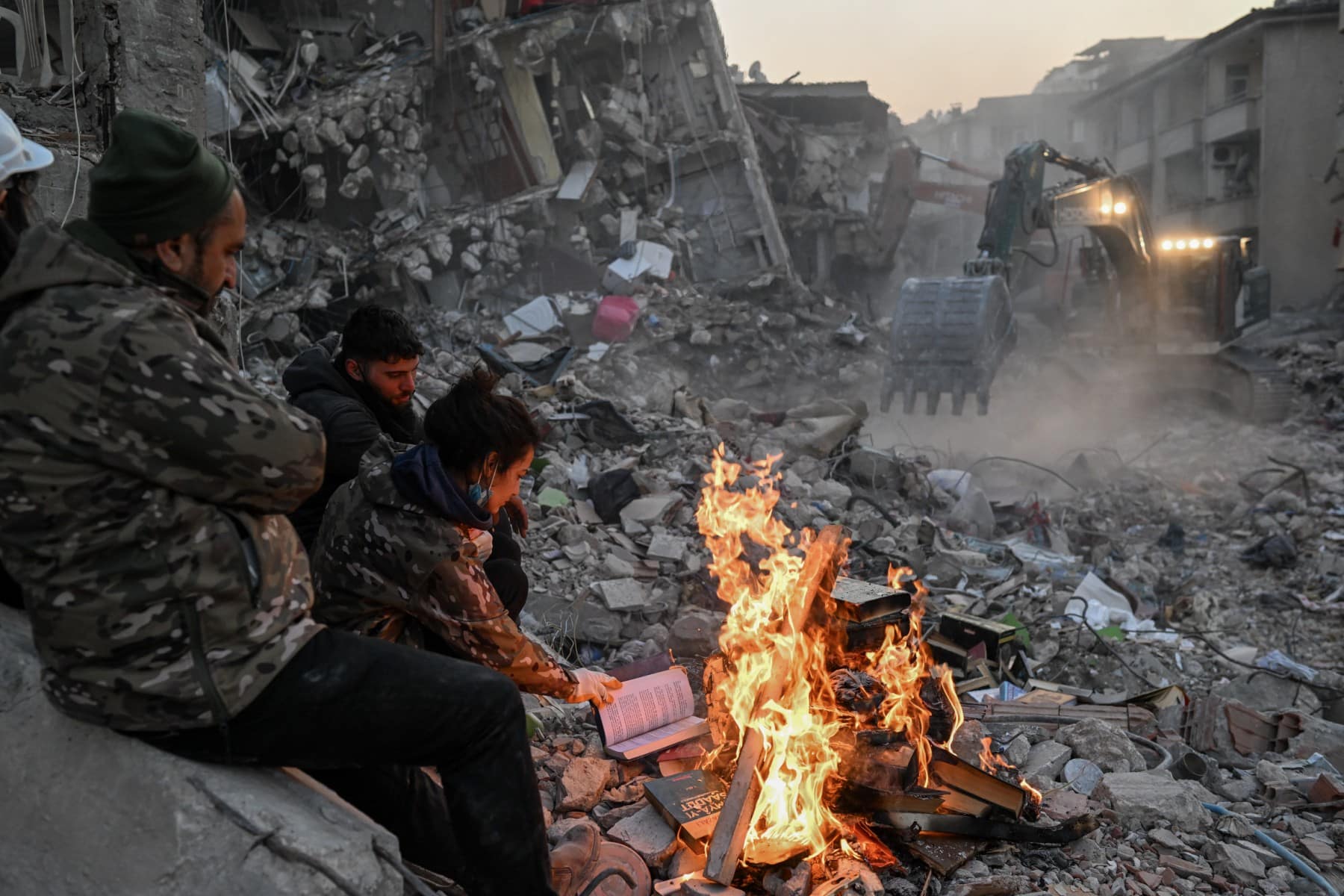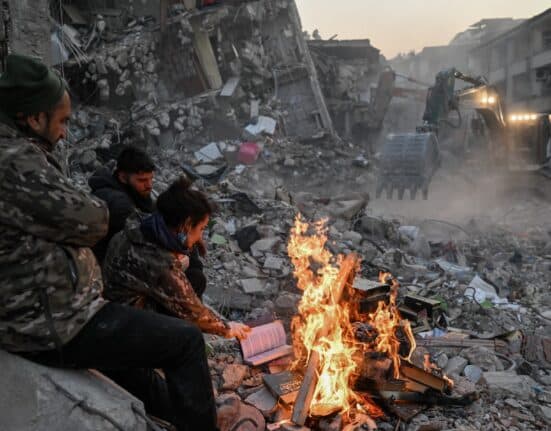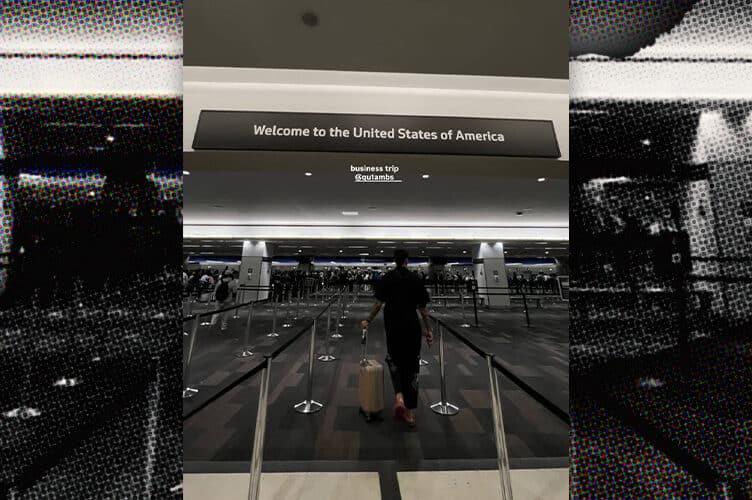THE two successive massive earthquakes that walloped Turkey and Syria last week constituted the “worst natural disaster” in 100 years in Europe.
The death toll in Turkey and Syria has reached more than 41,000, a Turkish relief group reported to the United Nations.
On February 6, a 7.8-magnitude earthquake rocked southern Turkey and northern Syria. In a matter of hours, another another major aftershock, which registered at 7.7 magnitude, shook Turkey and Syria.
“We are witnessing the worst natural disaster in the WHO European region for a century and we are still learning about its magnitude,” Hans Kluge World Health Organization regional director for Europe, told a press conference.
“It has been more than a week since the ground shook in Turkey and Syria, burying people alive, shattering homes, schools and hospitals, and causing indelible trauma across the region and beyond,” Martin Griffiths, the Undersecretary General for Humanitarian Affairs and Emergency Relief Coordinator, said at the end of a visit to Turkey and Syria. “This is a crisis of colossal proportions, one which will be a true litmus test for global generosity, solidarity and diplomacy.”

Death toll
The confirmed death toll following the earthquake stands at 41,209 as officials and medics said 35,4181 people had died in Turkey and at least 5,791 in Syria (4,377 in Northwest Syria alone), the International Blue Crescent Foundation Relief and Development Foundation said in its report to OCHA today, February 15.
“This number is likely to rise significantly as personnel on the ground shift focus to recovery efforts,” the IBC said.
The WHO said the needs in both countries are “huge and increasing by the hour.”
“Some 26 million people across both countries need humanitarian assistance,” Kluge said.
UN, WHO call for appeal
The United Nations Office for the Coordination of Humanitarian Affairs (OCHA) has released its flash appeal for the whole of Syria.
It called for emergency earthquake relief funding requirement of US$397.6 million to meet the needs of 4.9 million in the most acute need, mainly in Northwest Syria (population 4.5 million).
The WHO also launched a US$43 million appeal to support the earthquake response.
While the focus recently is the search and rescue of more survivors among the rubble of collapsed buildings, the WHO said it is also urgently needed to address the medical needs of those who were injured.
Access to food, drinking water and shelter for all those who have lost their homes is also needed.
According to the United Nations, the number of people who survived with injuries has reached 115,546 in Turkey and 10,041 in Syria.


But Syria is facing double tragedies. Before the quake, Syria is already hosting the highest number of evacuees at 6.8 million due to the war since five years ago. Then the quake hit northern Syria, amidst winter.
The WHO said their response to the humanitarian crises in Turkey and Syria included:
- dispatch of life-saving medicines and other medical supplies;
- the activation of its Emergency Medical Teams Network to provide essential health services and supplies to care for those in need;
- liaison with disease surveillance and rapid response teams to ensure ongoing surveillance and detection of water-borne, infectious and respiratory diseases, as well as preparedness for any outbreak; and
- support for the mental health and psychosocial response.
Kluge also said the health body had “initiated the largest deployment of emergency medical teams” in the 75-year history of the WHO European region.
“Twenty-two emergency medical teams have arrived in Turkey so far,” Kluge noted, adding they would integrate into “Turkey’s ongoing health response”.
One of the quick response rescuers who flew to Turkey was the 31 medical personnel and 30 soldiers from the Philippines. with reports from AFP
How useful was this post?
Click on a star to rate it!
Average rating 0 / 5. Vote count: 0
No votes so far! Be the first to rate this post.
We are sorry that this post was not useful for you!
Let us improve this post!
Tell us how we can improve this post?









